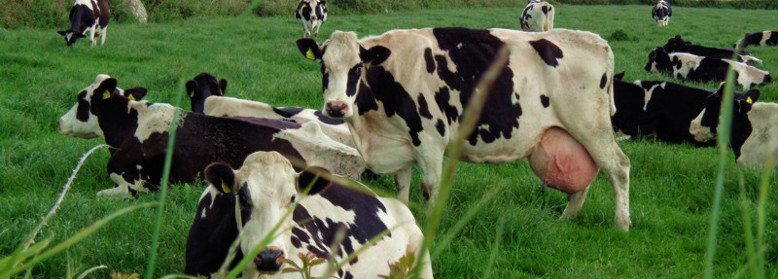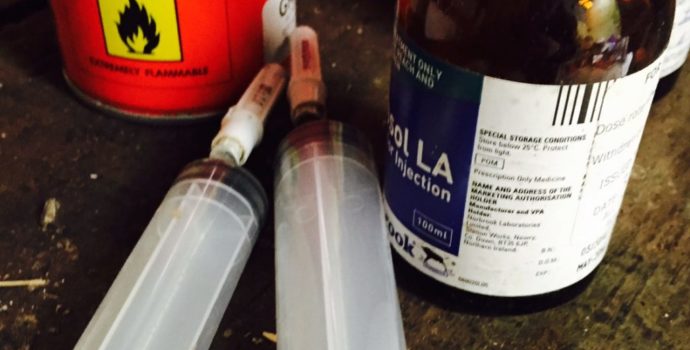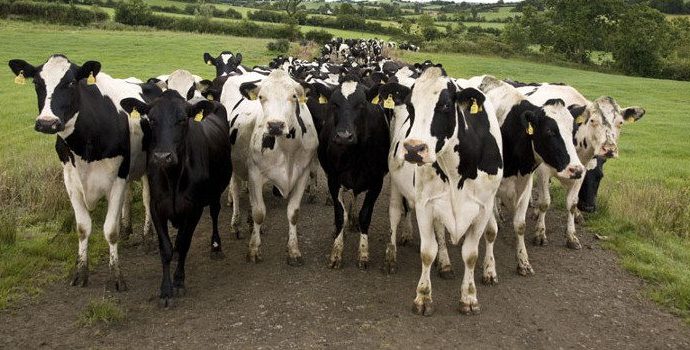Co-ops Must Make Every Effort to Stabilise Milk Prices as Second Gdt Rise Is Further Proof of Markets Rebalancing

IFA National Dairy Committee Chairman Sean O’Leary has said the Kerry 1c/l milk price cut is very disappointing, when Lakeland, Glanbia, and Dairygold had held theirs to October levels, while Carbery was cutting by 1c/l for only the second time in months, leaving the west Cork prices at the top of the league.
“Co-ops must make every effort to stabilise milk prices, because the difference in constituents alone between October and January could rob farmers of as much as 6c/l without any change in the base milk price. The impact on early spring cash flow will be challenging enough, without any further price cuts,” Mr O’Leary said.
“We have just seen the second positive GDT auction for this month, with a 3.6% uplift followed yesterday by another 1.9%, admittedly related to lower quantities and tweaks in powder freshness specs,” he said.
“Last week, the last Quarterly Dairy Report by Rabobank for 2015 stated that global output is already in the process of rebalancing relative to demand, with output slowing dramatically in New Zealand due to negative margins and a shrinking herd at its lowest level in a decade,” he said.
“In Australia production is also falling back because of El Nino related drought, and the same is happening in the US, because of drought in California. We also heard from the EU Commission that, while they expect 2015 to yield 1.5% more milk, they see EU production increasing annually by only 0.8% for the next decade, with global demand running well ahead at 2.1%,” he added.
“Also in the dairy market news in recent days are reports published by Fonterra that Chinese powder stocks are now about half of what they were last March, and a 25% uplift in Chinese dairy imports for September benefiting all major dairy products. Also, populous SE Asian countries like Vietnam and Indonesia have also increased their dairy imports in recent times,” he said.
“All these elements suggest that output is easing, with regional differences, especially for the EU, and demand is picking up. While it will take some time for this to translate into a milk price uplift, it should allow co-ops to hold milk prices over the next few months to help maintain farmer confidence in anticipation of the forthcoming market recovery,” he concluded.




